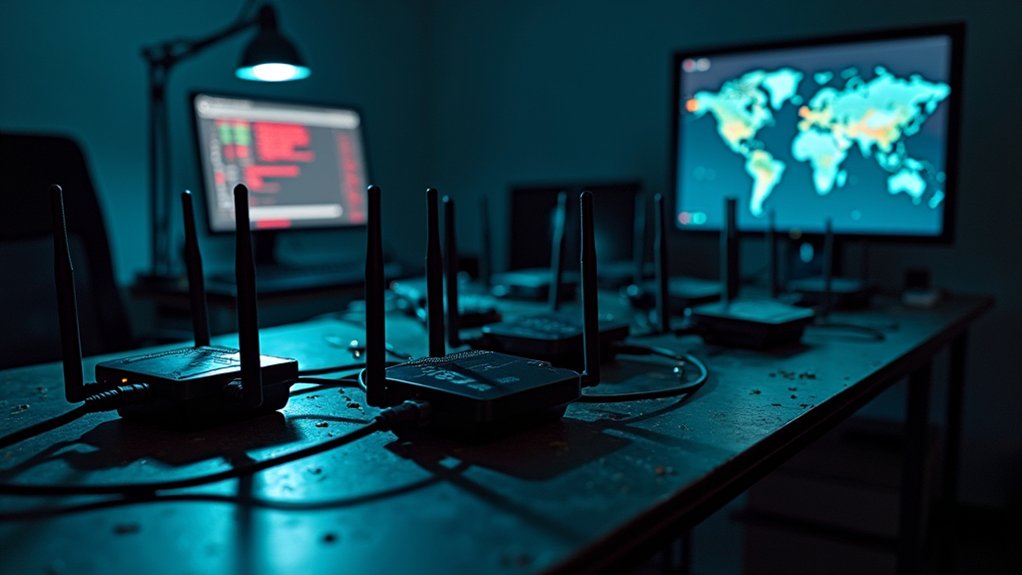Seventeen Republican lawmakers, spearheaded by Senate Intelligence Committee Chair Tom Cotton, have launched an initiative urging the U.S. Department of Commerce to ban TP-Link products in the United States. This initiative is propelled by assertions regarding national security risks, particularly the embedding of Chinese technology within critical U.S. supply chains.
The letter sent to the Department of Commerce cites alleged deep ties between TP-Link and the Chinese Communist Party (CCP), which lawmakers claim undermine consumer trust in technology providers.
The group highlights concerns surrounding foreign surveillance, as it brings attention to the potential destructive cyber capabilities that could infiltrate networks via TP-Link equipment. The small office/home office (SOHO) routers manufactured by TP-Link are noted as particularly vulnerable to exploitation by Chinese hackers targeting U.S. critical infrastructure. TP-Link routers have not been specifically targeted in notable cyber campaigns, as various routers from multiple manufacturers are exploited by Chinese threat actors.
This investigation aligns with the ongoing U.S. government efforts to mitigate cybersecurity threats posed by adversarial foreign technology firms. Previous actions have included bans on Russian software such as Kaspersky and Chinese giants like Huawei and ZTE. Security experts recommend using encrypted VPN services to add an extra layer of protection when using potentially compromised network equipment.
Furthermore, this scrutiny follows alarming reports of a Chinese-backed group, Volt Typhoon, allegedly using SOHO routers as gateways to sensitive American infrastructure. U.S. officials express apprehension that such vulnerabilities may be utilized for espionage or sabotage.
In spite of TP-Link’s claims of its headquarters in Irvine, California, and operational control over its global manufacturing and research and development, skepticism persists. Critics argue that the company’s Chinese origins and alleged ties to the CCP reflect the same risks that plagued Huawei.
The U.S. Department of Commerce has since subpoenaed TP-Link as part of a national security probe. This inquiry not only questions the safety of TP-Link’s devices but likewise considers broader regulatory actions that could lead to a ban on products that may pose risks.
With cybersecurity remaining a top priority for national security, the implications of this initiative extend beyond merely a corporate issue; they touch the fabric of American technological integrity and safety. Additionally, the significant cybersecurity vulnerabilities reported in TP-Link devices contribute to the overall urgency of the situation.









